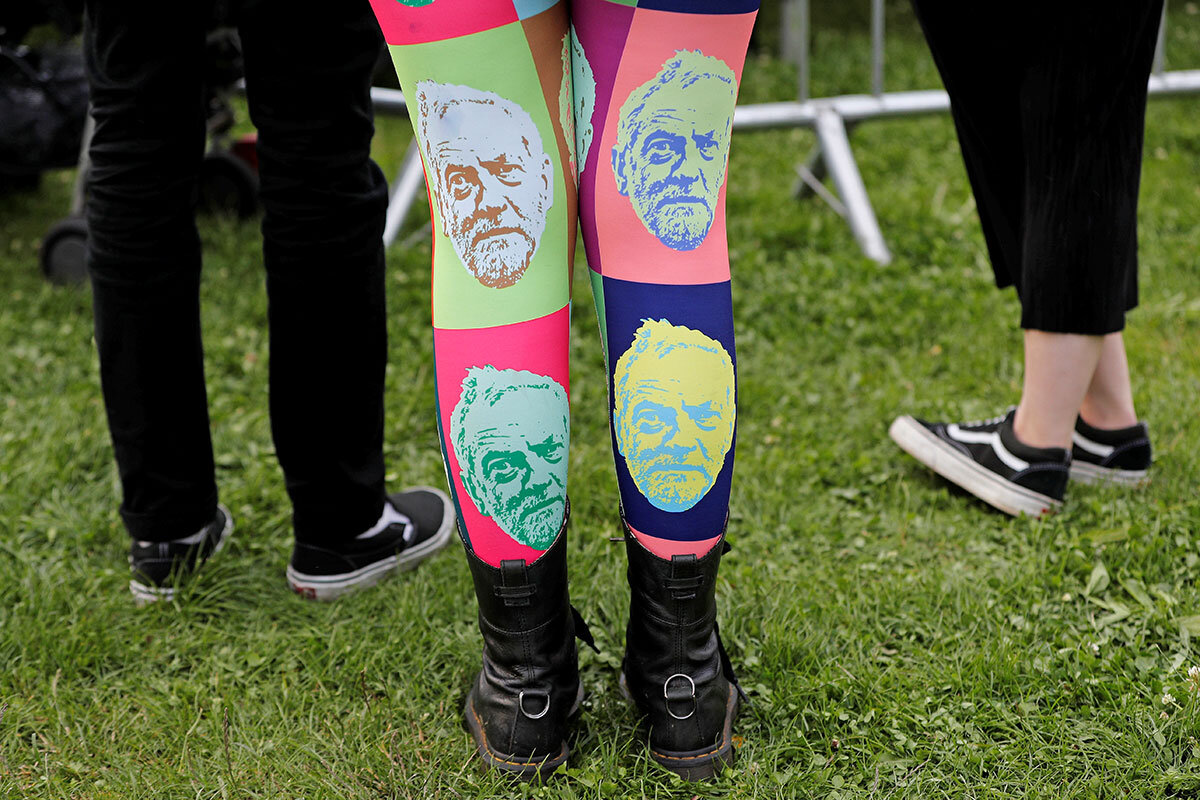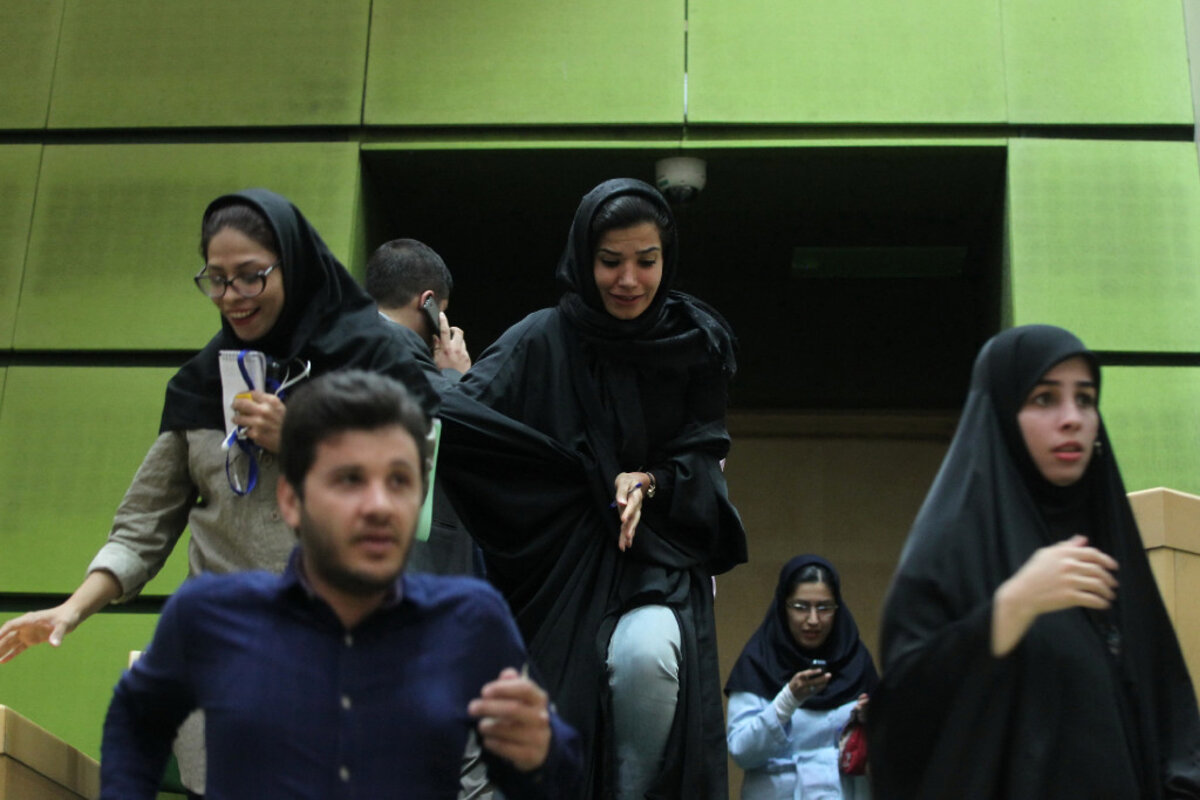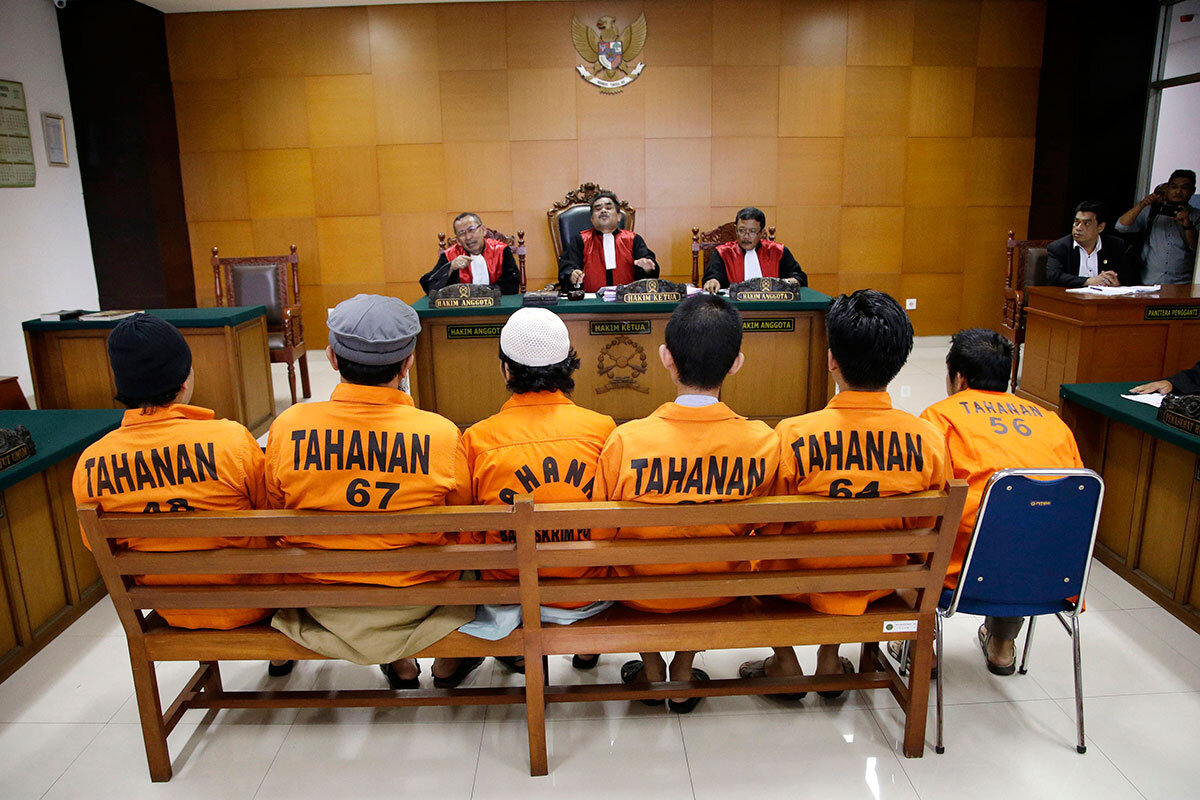With the arrest of Reality Winner this week, the Monitor's Peter Grier examines the thought processes and motivations of people who have made public secrets the government believes should be private.
Monitor Daily Podcast
- Follow us:
- Apple Podcasts
- Spotify
- RSS Feed
- Download
 Yvonne Zipp
Yvonne Zipp
After a tumultuous month, President Trump announced his choice for FBI director Wednesday. Christopher Wray, a former federal prosecutor, is considered a solid choice to take the helm of the agency, which has been continually thrust into the spotlight.
Take Thursday, when all eyes will be on former Director James Comey, who will be testifying before the Senate Intelligence Committee. Mr. Trump abruptly fired Mr. Comey in May, later telling NBC News his decision hinged on “this Russia thing,” which he called "a made-up story."
One of the questions that senators have for Comey: Why, if he thought there was obstruction of justice, didn’t he act on it? A bipartisan group also has sent Comey questions about the reported existence of memos about conversations he had with the president. Testimonies about such memos are considered admissible in court.
Comey has indicated that he will not answer questions that might impede the investigation by former FBI Director Robert Mueller, the special counsel overseeing questions of possible ties between Russia and the Trump campaign. But the details of conversations between the former FBI director and the president may still shed valuable light on the unfolding drama. More on-the-record testimony should help provide needed clarity for an American public trying to decide for itself how much “there” is there.










